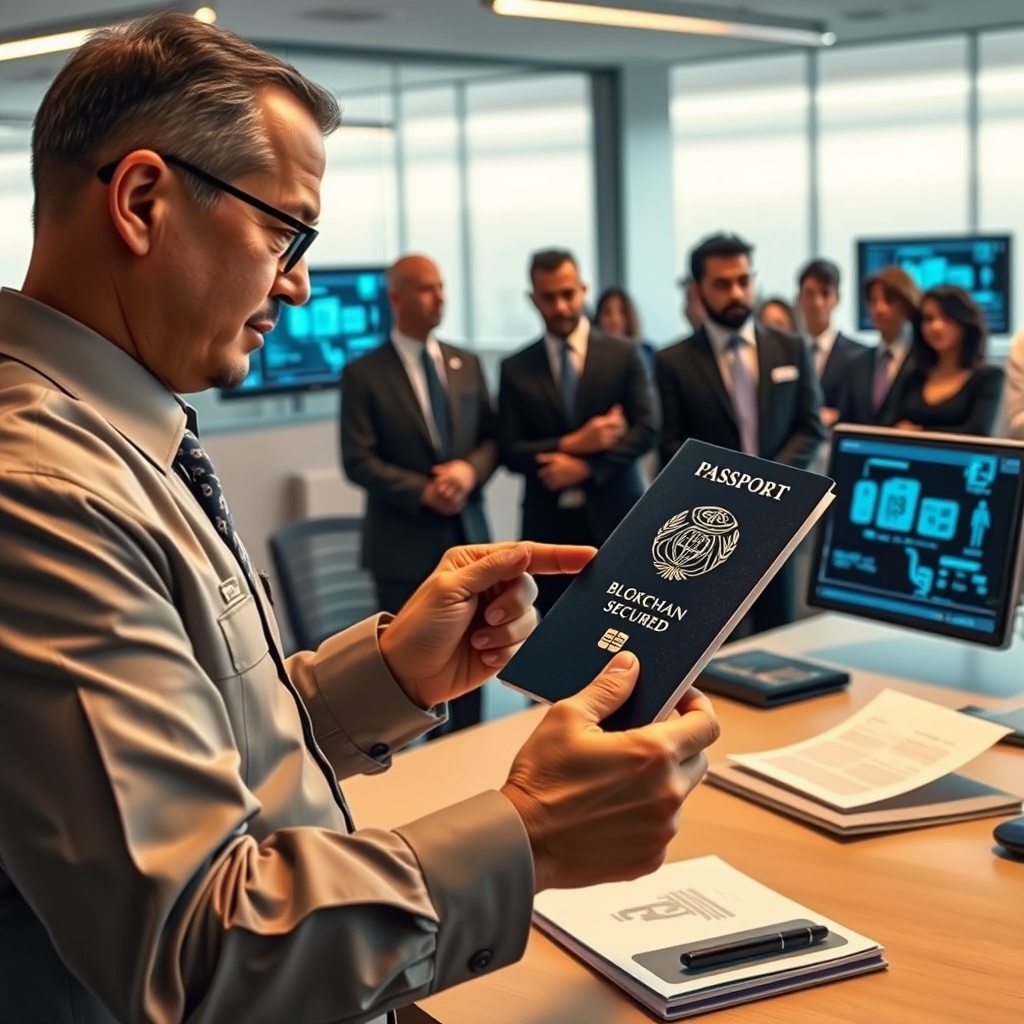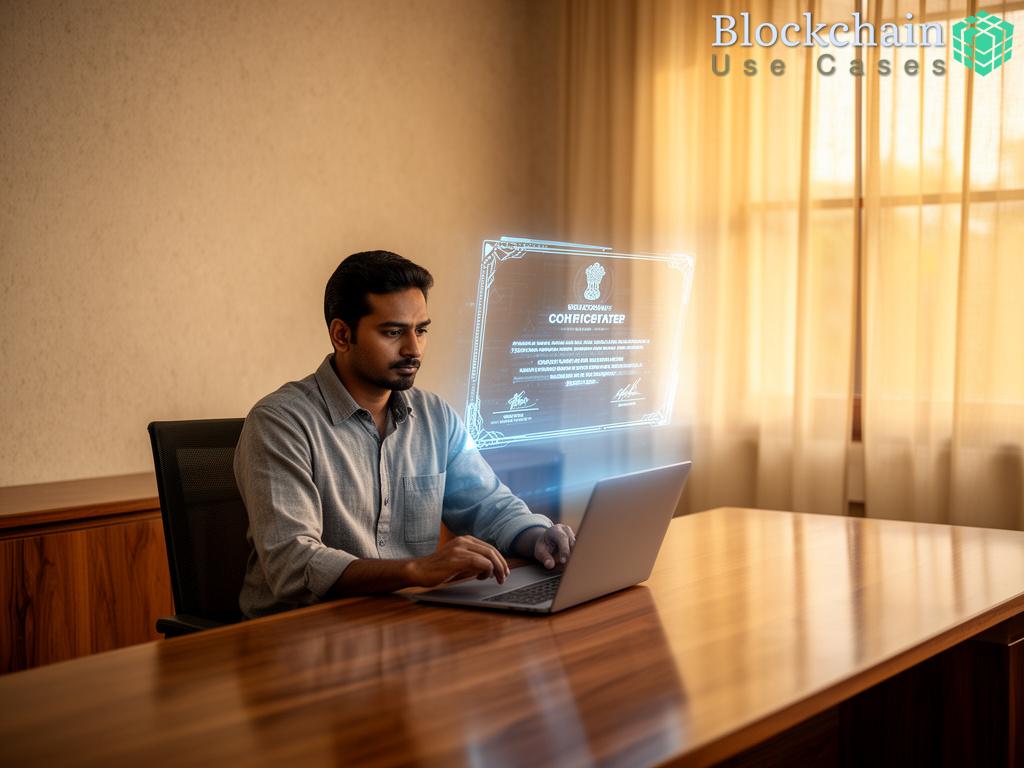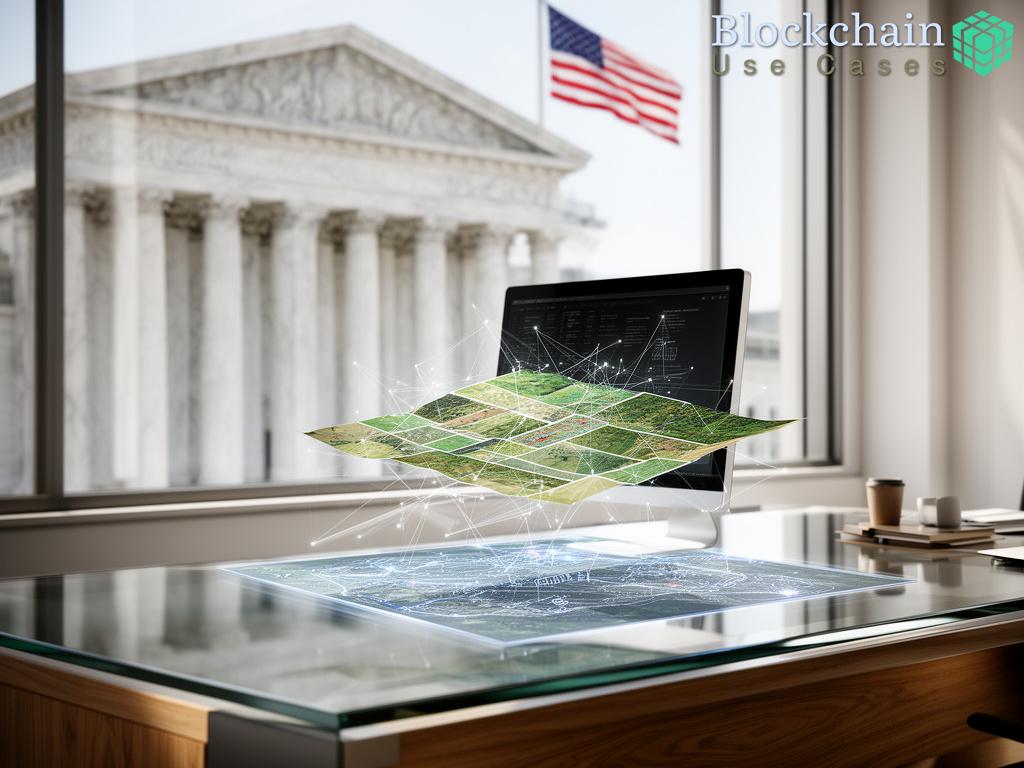The proliferation of counterfeit government-issued documents poses a significant threat to national security, public trust, and the integrity of institutions. As technology advances, so do the methods employed by forgers, leading governments to seek innovative solutions to combat this pressing issue. One such solution gaining traction is blockchain technology, which offers a robust framework for ensuring the authenticity and traceability of official documents.
How Blockchain Enhances Security
At its core, blockchain technology is a decentralized ledger that records transactions across multiple computers. This decentralization ensures that no single entity has control over the entire system, making it exceedingly difficult for counterfeiters to manipulate the data. Furthermore, each transaction is encrypted and time-stamped, providing an immutable record that can be easily verified by authorized parties.
By leveraging blockchain, governments can create digital identities and certificates that are uniquely tied to individuals. This not only reduces the risk of counterfeiting but also streamlines the verification process. For instance, a citizen applying for a passport could have their identity verified against a secure blockchain, eliminating the need for physical documentation that can be forged.
Benefits Beyond Counterfeiting
While the primary advantage of blockchain technology is its ability to reduce counterfeiting, it also offers additional benefits that enhance the overall efficiency of government services. By transitioning to a blockchain-based system, governments can reduce administrative costs, improve data accuracy, and facilitate faster processing times for document issuance.
Consider the following list of benefits that blockchain provides in the context of government-issued documents:
- Increased Transparency: All transactions are visible on the blockchain, allowing for greater oversight and accountability.
- Enhanced Trust: Citizens can trust that their documents are secure and authentic, fostering a sense of confidence in government services.
- Streamlined Processes: Automation of verification and issuance processes leads to quicker turnaround times for essential documents.
Real-World Applications and Future Prospects
Several countries are already implementing blockchain solutions to combat document fraud. Nations like Estonia have pioneered the use of blockchain for various government services, including e-residency programs and digital identity verification. These initiatives not only illustrate the technology’s potential but also serve as a model for other countries facing similar challenges.
As the global landscape continues to evolve, the integration of blockchain into government operations may become not just a possibility but a necessity. By embracing this technology, governments can safeguard their documents against counterfeiting while enhancing service delivery and public trust.





